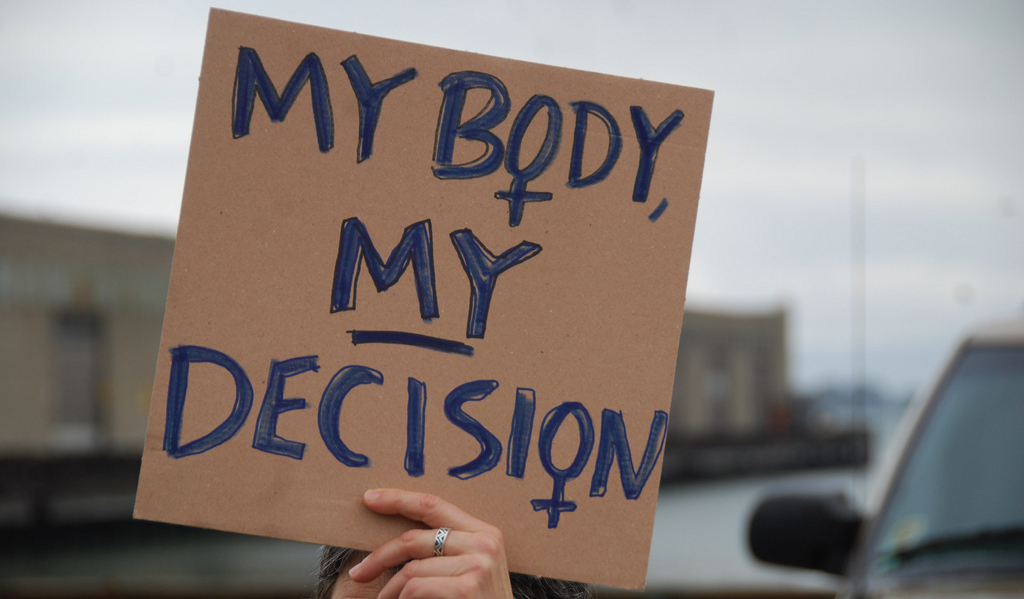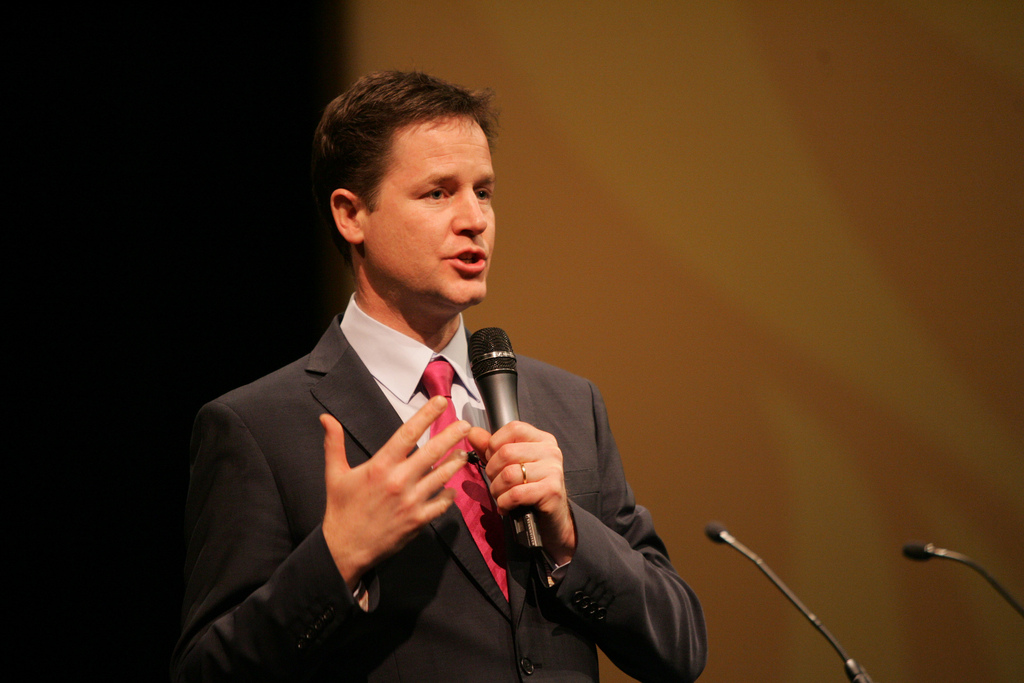Graham Walker explores what philosophical lessons there are to be found in the stories of science fiction.

Science fiction is a better vehicle for philosophy than other genres, argues Graham Walker. Image: Kurt Nordstrom.
Science fiction allows some of the most imaginative and visionary authors and film directors of all time to transport us to places where anything is possible and where the only rules are the rules of that fictional world’s creator. But at the same time, it is much more than this. Not only does science fiction challenge us think of the universe in new ways, it can also make us think about life from new and novel perspectives, to an extent which I would argue that non-science fiction simply can never achieve. For one, and for me personally, ‘sci-fi’ as a genre represents one of the best outlets for philosophy that is on offer today.
The basic goal of philosophy is to ask the big questions about life: what is consciousness? What is ‘free will’? What is morality and how do we be good? How best is a state run? Sci-fi as a genre is remarkable in its power to comment on all these questions, and in its ability to ask questions from unusual and innovative angles in order to genuinely problematise some of the philosophical answers to these questions that have been proposed over the ages.
What I am proposing is not a new or groundbreaking concept. Plato himself was aware of it, almost 2,500 years ago. In Plato’s greatest work, The Republic, Socrates describes the Ring of Gyges: a mythical ring which grants the wearer invisibility. By inventing this novel and impossible scenario enables, Socrates to ask genuine questions about what justice is and whether an intelligent person would act morally if he knew that he could never be caught in his immoral act. The stories of Homer, too, used the Greek pantheon in a similar manner. He paints the gods of ancient Greece as capricious and vindictive, allowing the reader to ponder why we are here and how we can make sense of a chaotic world.
Today, science fiction is still used to tackle the big questions of philosophy. The novel I,Robot by Isaac Asimov is a collection of short stories primarily exploring the nature of morality and consciousness. One short story though develops an elegant argument for how a rational thinker cold develop the idea of a higher power when they lack the necessary information to otherwise explain the nature of the world.
In my opinion, one of the most powerful sets of books (and currently films) is the Hunger Games trilogy. A dystopian fiction in the tradition of so many great twentieth century novels, The Hunger Games poses a range of powerful questions and answers. Author Suzanne Collins creates a satire on inequality, ridiculing the idea that those, literally, at the coal face work hardest and remain poor while others profit from their work. It asks what is good and evil, or right and wrong, for both the individual and the state, and it highlights the immorality and pointlessness of honour and revenge, and how greed can ultimately corrupt leaders even when they fight for a worthy cause. The writer George Orwell, who was one of the 20th century’s greatest writers of speculative fiction, posed many similar questions in Animal Farm.
It’s worth keeping an eye out as you next watch or read a work of science fiction. Be sure to ask yourself: what can aliens, superheroes and robots teach me about living well and living right?
Graham Walker is a student and blogger. Graham has studied psychology and cognitive behavioural therapy, and is currently studying for an MSc in occupational therapy. He blogs on various issues that he feels are important. You can follow him on Twitter at @think_damn_it.
See also: If you liked this post, you may like Doctor Who: Fifty Years of Humanism.







